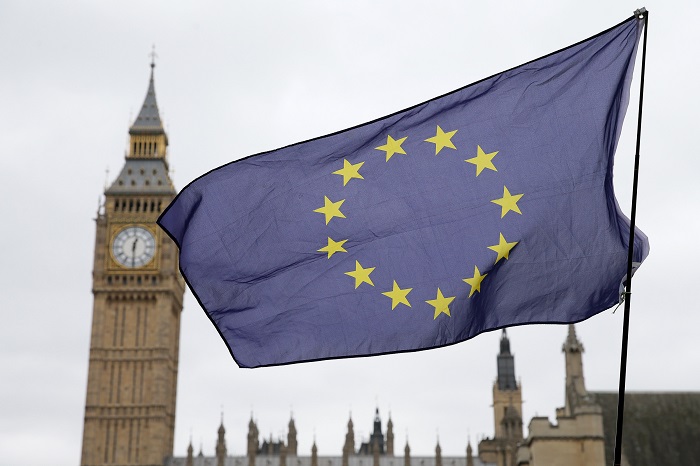Staying in EU customs union would be "betrayal" of Brexit voters
Published : 28 Feb 2018, 06:12
Remaining in the Customs Union after Brexit would be a sell-out of Britain's national interests and a betrayal of voters who backed leaving the European Union (EU), British International Trade Secretary Liam Fox said Tuesday.
His message came in a speech just 24 hours after the opposition leader Jeremy Corbyn outlined Labour's Brexit policy favoring brokering a UK-EU deal to keep Britain in a customs union.
Fox said in his speech: "As we are leaving the EU, we cannot remain in the Customs Union which is open only to EU member states. The alternative has been proposed that we enter a new customs union with the European Union."
That would mean, added Fox, Britain having to accept EU trade rules without any say in how they were made, handing Brussels considerable control of the UK's external trade policy.
"Secondly, it would limit our ability to reach new trade agreements with the world's fastest-growing economies," he said.
"As rule takers, without any say in how the rules were made, we would be in a worse position than we are today. It would be a complete sell out of Britain's national interests and a betrayal of the voters in the referendum," said Fox.
He said 57 percent of Britain's exports are now to outside the EU, compared with only 46 percent in 2006.
"Of course, the government's aim is to ensure UK companies, as well as those from abroad, retain the maximum freedom to trade with and operate within European Markets. We want European businesses to do the same in the UK. That is why we want to develop customs arrangements which lead to trade being as frictionless as possible at our borders, in a tariff-free environment, with as few non-tariff barriers as possible," he said.
Looking towards Britain's potential trading patterns, Fox said: "The thriving economies of South and East Asia and, increasingly, Africa, are, and will become, even more important as their newfound prosperity drives demand for the goods and services of the developed countries prepared to interact with their markets."


